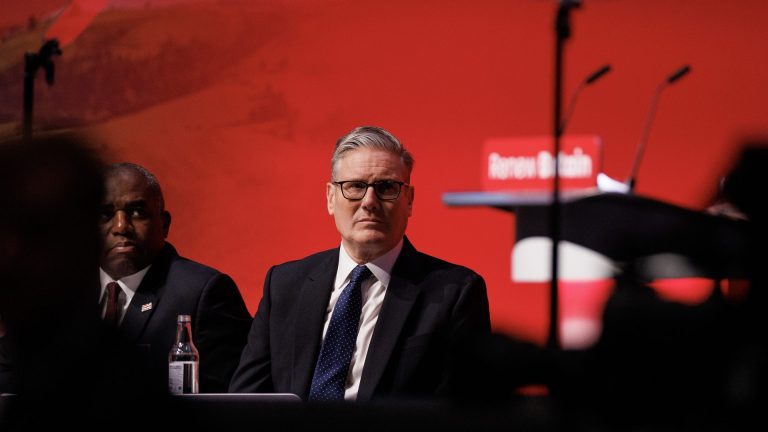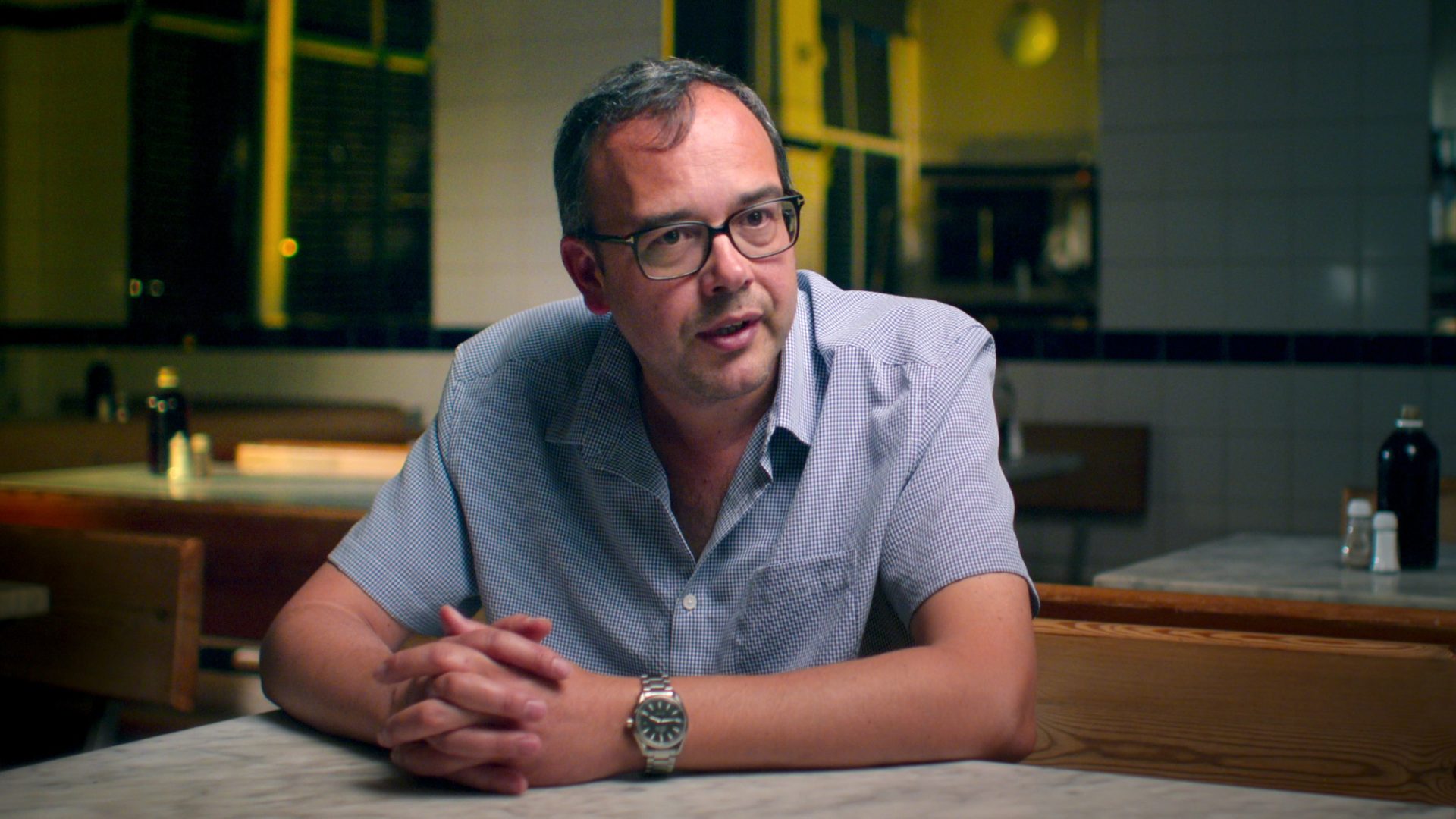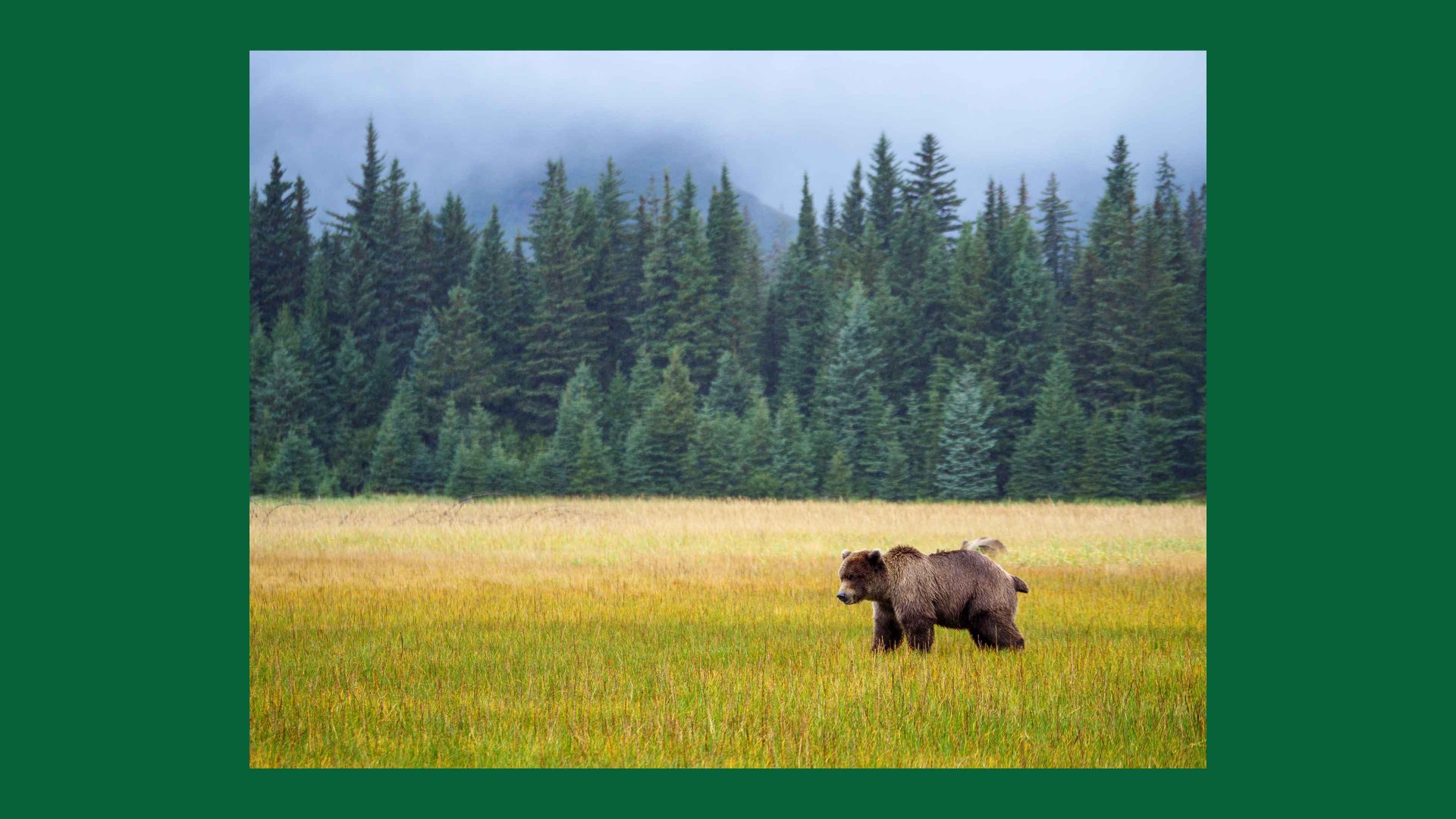When I arrive at the quiet north London cafe in which I’ve agreed to meet Nick Lowles, I quickly notice he’s got there before me, sitting at an out-of-the-way table with a clear view of the room – and the door.
He later admits this was deliberate, a relic of his decades-long career battling the far right across the UK, first with the anti-fascist Searchlight magazine, and for the last 20 years as the CEO of HOPE not Hate, a campaign group that infiltrates, researches, exposes and otherwise campaigns against the UK’s far right in all its forms.
As Lowles documents many of these experiences in his new book, How to Defeat the Far Right: Lessons from HOPE not Hate, that work has got him punched a time or two, and he has been threatened with far worse – Lowles is a man who has ridden in taxis with far right leaders, organised sting operations against tooled-up fascists, and more.
The timing of his book, as Tommy Robinson mobilises hundreds of thousands into the streets of London and Nigel Farage tops poll after poll with an agenda far more extreme than anything he’s pushed in his career to date, is hardly an accident. It has been pulled together in just 15 weeks, an account of the story so far – what’s worked, what hasn’t, and what might be done to face what’s coming.
How to Defeat the Far Right is at turns inspiring, hopeful, and alarming, as it ranges across different battles in different areas of the country. But sitting down with Lowles, my first question is about what isn’t in there, rather than what is. The book details how he has dedicated his life to the anti-fascist cause – but it never tells us why. So… why?
“I don’t talk too much about myself,” he says at first, brushing it off, before he straightens and addresses the question head-on – it’s personal, or at least it was at the beginning. “My mum was from Mauritius, and I was born in Hounslow,” he tells me – at a time when the National Front was on the rise.
As a 10-year-old, Lowles didn’t know how big or small the National Front were as a party but he knew they were there. His small-p political parents went on the occasional anti-war protest, and they watched the news – and that meant that as a child he watched a National Front party political broadcast in 1979.
“They were basically saying that people born in Britain will be sent home in six months, and I was convinced my mum was going back,” he recalls. “It traumatised me. It absolutely traumatised me.” As it transpired, the National Front only polled around 1% in that election – but the fear was real, even if the threat was not.
Lowles’s family moved to Shrewsbury – “a very, very white town” – but race still felt ever-present, through comments made at school, or in the headlines, or through protests planned in the town. “I would go on a holiday as a little kid and pretend I didn’t like the sun because, I mean, I’m not dark, but… I tan very, very quickly.”
He would instead spend his family holidays hiding out in the tent, claiming not to like the outside. I ask if this was done to make sure he passed as white. “Yeah… I didn’t want to get abused,” he says, admitting he feels guilty saying that, given those who didn’t have that option had it far worse.
But that meant when Lowles got political himself, at around the age of 15 through the miners’ strike, after a short stint in various Trot groups, he found himself in the anti-racism movement, and he stayed there.
A few years ago, Lowles’s recollection of the National Front advertisement calling for mass deportations would feel like a historical relic, from a worse time. As we speak, it is all too current.
A few weeks earlier, Nigel Farage announced that Reform would now enact mass deportations, and the day we speak, Reform is announcing plans to remove indefinite leave to remain – telling people who have been promised they can stay here now face deportation. Decades later, Lowles’s childhood fear has become real.
“To be honest, I think things are worse now than in 1979,” he says. “Clearly, there was a lot more racial violence then than there is now, but it’s coming back. What’s worse now is that the rhetoric of the extreme far right is not too dissimilar from the rhetoric of the right, or across the political spectrum.”
We’re facing the “normalisation of hate,” he warns. “Nigel Farage, a couple of weeks ago, can do a press statement or a press launch where they say they’re going to deport 600,000 people, and no one bats an eyelid, you know?”
Suggested Reading


The ID cards disaster is another sign that Starmer has lost it
Enoch Powell was one of the most popular politicians in the country when he made his “Rivers of Blood” speech, and attitudes across the public were far more racist then than they are now – and despite that, politicians across the mainstream united to denounce and reject him. Today, Tommy Robinson’s rally is greeted with near-silence from the mainstream, while the prime minister and leader of the opposition alike vie to outdo Farage as being tough on immigration.
Mainstream politicians have all but quit the field, a fact that is particularly strange given that part of the founding mythos for No 10 chief of staff (and Labour campaign guru) Morgan McSweeney is that he played a pivotal role in beating back the BNP from Barking and Dagenham in 2010.
HOPE not Hate and Lowles were also on the ground in 2010, and their version of events is a little different. The campaign group worked with local faith groups, community volunteers, and others to build a coalition much broader than people willing to support Labour.
No one’s support was taken for granted – there was no assumption that non-white voters would automatically turn out to stop the BNP. Come election day, volunteers could turn up to help Labour’s campaign, HOPE not Hate’s, or both. “The sight of volunteer after volunteer heading in our direction, possibly at a rate of eight or nine to one, irritated some on the Labour side and caused enough resentment that words were exchanged,” Lowles writes.
This isn’t just some arcane difference of opinion over a long-forgotten campaign. The rationale given for the government’s approach in fighting Reform is often grounded in McSweeney’s apparent experience of “beating the BNP” in Barking – which in turn is credited to fixing bin collection and getting on with the job.
If the reality of the BNP’s defeat in 2010 is that it also relied upon the wide-ranging and community-led efforts of anti-racism campaigning, the rationale for the government’s plan to tackle Reform collapses – which might also explain why it seems to be going as badly as it is.
The specific concern Lowles flags, though, is that it is not just traditional political parties staying silent as far right ideas are allowed to become seemingly mainstream – the “organised opposition” that existed in the 1970s against the far right has also all but disappeared, he warns.
Part of this is that lots of the institutions simply aren’t there any more, or are greatly weakened. Trade union membership is far lower today than it was, and most people who are still in a union don’t rely on it for social connections in the way they once might have.
Austerity has finished off many community centres, youth groups, and other places that brought people together. The internet, he says, fragments us still further – while radicalising some. The most successful efforts to drive back the far right have always been community-led, and the UK’s communities have arguably never been weaker. There is almost no one to step into the void that Labour and the Conservatives have created.
Bleak as that sounds, Lowles is determined that the game isn’t lost – and if the problem is at the community level, the solution can be found there too.
“First of all, speak out,” he says. “Speak out among your friends, your colleagues, your family. Speak out about these things. Secondly, show support. If you’ve got friends who are being targeted or feel scared, feel threatened, reach out to them. Be there for them.”
The third goal Lowles sets for those who want to stop the far right is to try to engage with your community, to volunteer, and to try to rebuild some of the institutions we’ve lost.
“The more isolated you are in your community, the more likely you are to be fearful of the other,” he says. “Whether people are political, whether people are in the trade unions, whether people are involved in NGOs or campaign groups, reach out to your friends, your neighbours, get involved in your community, make your community better.
“It is the job of us, because we no longer, sadly, can rely on somebody else to do it. This is about us all speaking out.”
How to Defeat the Far Right: Lessons from HOPE not Hate, published by Harper North, is out now.




